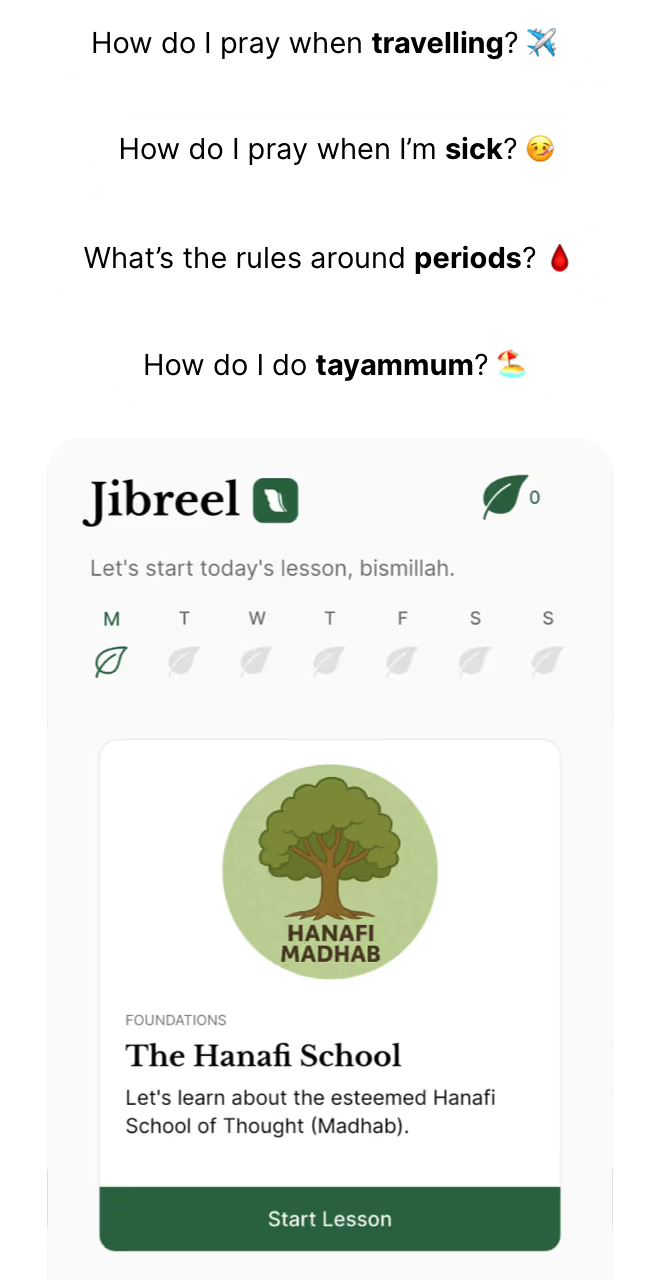does bleeding break wudu?
Yes, bleeding can break wudu if the blood flows from its original place onto the surrounding skin. However, if the blood simply appears at the surface of the skin and does not move, the wudu remains intact.
Understanding the Conditions of Bleeding and Wudu
Flow of Impurity
According to Islamic teachings, wudu is broken if an impurity, like blood, exits and flows from any part of the body. This means that for the wudu to be invalidated, the blood must move away from the site of the wound and onto the skin surrounding it.
Visible but Non-Flowing Blood
If blood becomes visible at the site of a wound but does not flow onto the surrounding skin, the wudu remains valid. This is because the impurity has not moved from its original position, which is a critical factor in determining whether wudu is broken.
Practical Scenarios and Their Impact on Wudu
Examples of Blood Flow
Consider a scenario where someone has a small cut, and the blood flows onto the surrounding skin. In this case, wudu is broken, and it must be renewed. Conversely, if a person grazes their skin and blood is visible but does not move, their wudu remains intact.
Blocking Blood Flow
If someone quickly blocks blood from flowing with a tissue or bandage before it moves away from the wound, technically, the wudu is broken. This is based on the principle that if there were no blockage, the blood would flow, thereby breaking the wudu.
Special Considerations in Bleeding and Wudu
Minor vs. Major Impurities
The principle of impurities exiting the body applies not only to blood but to other impurities like pus as well. Therefore, any substance exiting the body and flowing from its original spot can break wudu.
Exceptions and Cautions
In situations where performing wudu again might be challenging, such as during travel, some scholars suggest a more lenient approach. However, it is generally advised to renew wudu when possible to ensure the validity of prayers.
Conclusion
In conclusion, bleeding breaks wudu if the blood flows from its original position. To maintain the purity required for prayer, it is crucial to assess whether the blood or any impurity has moved. When in doubt, renewing wudu is a recommended practice to ensure one's state of ritual purity.
FAQ
Does a small cut break wudu?
No, a small cut does not break wudu unless the blood flows onto surrounding skin. If the blood remains at the site of the cut, wudu remains valid.
What should I do if I am unsure whether my wudu is broken?
If you are uncertain, the principle is that certainty overrides doubt. If you are sure you had wudu but unsure if it was broken, you can assume your wudu is still valid. However, renewing wudu when possible is advisable.
Can I use a bandage to stop blood and maintain wudu?
While using a bandage to stop blood might prevent it from flowing, technically, wudu is broken if blood would have otherwise flowed. It is recommended to renew wudu in such cases.













.avif)
